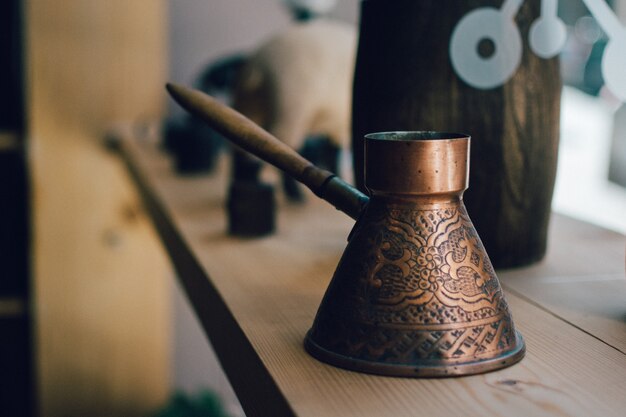Wash your dishes by hand
There is a tendency in our modern society to purchase goods and services which allege to save time and free us from the toil of menial tasks. The modern home is full of gadgets which allege to make life more bearable and give us more time to spend doing other things.
The dishwasher is one such gadget. Except for the brief periods when I lived in a motorhome and then in a van, I’ve always lived in apartments with dishwashers. My current apartment, though, does not have one. After a brief adjustment period, I don’t miss it at all. In fact, I prefer washing the dishes by hand.
We have been trained to equate short-term efficiency with long-term satisfaction, but all too often, there’s no correlation. A dishwasher, while saving us some time and labor in the short term, has a number of disadvantages that often go overlooked. And there are numerous other modern “time-saving” goods and services that fit the same deceptive profile.
A dishwasher is a more complex mechanical system than a sink and a drain. As a result, it has more points of failure and more expensive repairs. There are many “dishwashers” in the modern home. Ice makers, coffee makers, bread makers, electric mixers, and microwaves all allege to save us time, but often only result in higher household expenses as a result of the operational complexity involved in their maintenance, use, and disposal. Until fairly recently, the idea of having an automated way to wash dishes, bake bread, or make coffee at home was thought absurd. Now it’s expected.
Coffee makers have followed an alarming trend in this respect. It is thought that the Turks invented the first coffee brewing method, known as the ibrik. It was a metallic pot with a handle into which coffee grounds were poured, along with water. The pot was heated over a fire to the brink of boiling, and then removed to cool. This process was repeated several times and involved no electronic heating elements, no mechanical pumps, and certainly no mass-produced plastic pods filled with coffee grounds. The chances of an ibrik malfunctioning were basically zero.

The ibrik gave way to a number of other manual brew methods: the French press, the pourover, and the percolator. Each brew has its own characteristics. The equipment is simple and resilient. Contrast this with the worst modern bastardization of coffee brewing, the Kuerig machine. It is the epitome of relying upon a dishwasher to make your coffee. Insert a dispoable plastic pod full of coffee grounds, put a mug under the spout, press a button, and your coffee is brewing immediately. But now you’re beholden to the manufacturer to supply you with pods. The equipment has motors and heating elements, which means it surely will malfunction eventually, as all mechanical devices eventually do. It is designed to be made obsolete by newer and “better” models. You do not make coffee, as much as the coffee makes you.
The ice maker is the other loathsome modern convenience appliance that really doesn’t sound all too convenient when you think about it. For decades, we’ve had perfectly good ice makers for purchase at the dollar store. Ice cube trays are durable, they’re inexpensive, and they’re simple. I’ve never heard of one malfunctioning. But a countertop automatic ice maker incorporates a refrigeration system and a mechanical system to form and dispense the ice cubes, each of which are prone to eventually needing to be repaired (read: thrown away and bought anew). And why would you buy such a specialized refrigeration device when the one in your existing refrigerator can make ice just fine, assuming you take the fifteen seconds to pour water into a tray?
It is my belief that these sorts of “time-saving” devices create the illusion of convenience at the cost of our autonomy. While I will not have ice unless I fill my ice cube tray, I have to wait several minutes for water to boil and brew my coffee myself, and I have to wash my dishes by hand, I also do not have to spend my time working for wages in order to pay for ice makers, coffee makers, and dishwashers that will surely end up in landfills within a few years’ time.
To me, living a meaningful life is about having purpose. Saving a few minutes each day so I can sit and scroll through social media before I go to my wage slave job to pay for the ice maker and Keurig I bought on credit is not my idea of a meaningful life. Washing the dishes by hand so I can save enough money to spend my days as I like—now we’re talking.